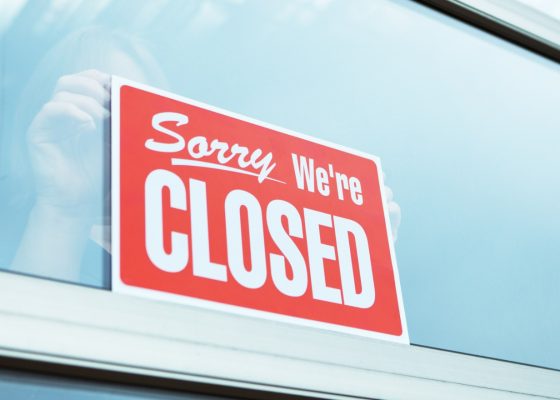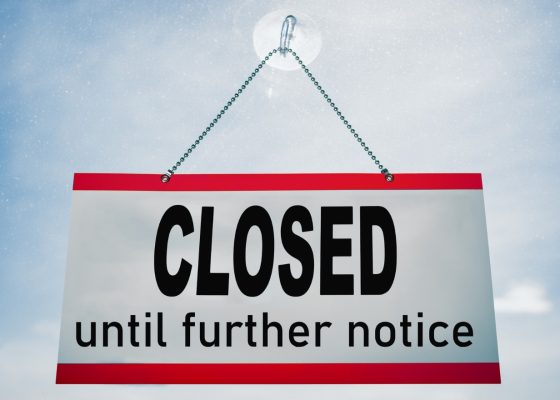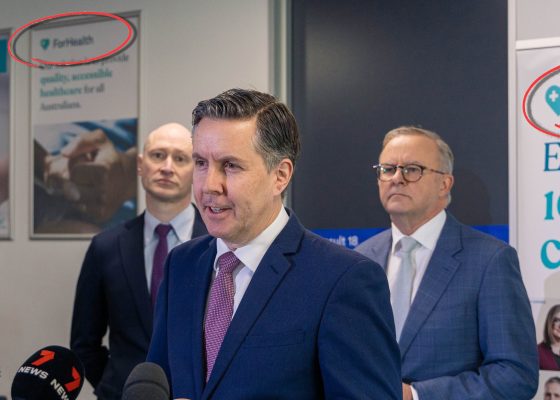With another urgent care service shutting its doors, some say this band aid healthcare solution doesn’t work in rural Australia.
The Goulburn Urgent Care Service will close its doors today, COORDINARE, South Eastern NSW’s PHN, has announced.
The NSW Health-funded service has only been around since August 2024 and was operating at Marima Medical Clinic.
In a statement, the PHN wrote: “This decision reflects ongoing workforce and operational challenges, alongside broader system factors. Despite best efforts, it is no longer feasible to continue delivering urgent care services at the clinic in a way that meets the standards of safety, sustainability, and compliance for the community.
“Attracting and retaining the required healthcare staff, particularly to rural and remote areas, remains a long-standing challenge for regional and rural areas.”
The closure comes only days after the federally funded Urgent Care Clinic in Mount Gambier shut up shop for similar reasons.
It begs the question. Are these types of urgent care clinics/services the right model for rural towns?
Chief Executive Officer of National Rural Health Alliance Susie Tegan said they were not.
“Urgent care clinics might work in the city, but they do not work in rural areas,” she told Health Services Daily.
“It’s very difficult having a model that actually doesn’t solve the problem. So the first problem is there’s a workforce shortage.
“The other problem is that you’re trying to bring in a new model rather than building the existing model to do it better. Many of the clinicians are already burning out, so why not support them to be able to do more rather than bringing in a new system?
“We need to stop putting band aids on everything, because they’re coming off.”
Urgent care clinics were designed to keep people out of hospital but often they were working at reduced hours, said Ms Tegan.
Related
“Often patients don’t get in because they’re reducing their hours because they can’t staff them. And it doesn’t actually deal with the issue that emergency departments and hospitals are overcrowded,” she said.
People wanted to see their local GP, who they’ve built a relationship with. By providing people with regular healthcare, effective social assistance, and community support, it could help prevent future illness, which could ultimately reduce the amount of people who needed those hospital supports.
“Why don’t we just support those clinicians that are on the ground to ensure that they get their regular doctor and regular nurse and allied health professionals and they can be triaged early,” Ms Tegan said.
“The National Rural Health Alliance is very interested in continuing the work with both federal and state governments to build the capacity of primary care before we lose it, because if we keep going the way we are, we will lose it.”
In Goulburn, the Marima Medical Clinic will continue to operate as a general practice six days a week however there are no plans to resurrect the Urgent Care Service.
However, in Mount Gambier, it’s hoped the clinic will open again. The clinic went into liquidation and now the government is seeking expressions of interest from new organisations interested in running the clinic.




